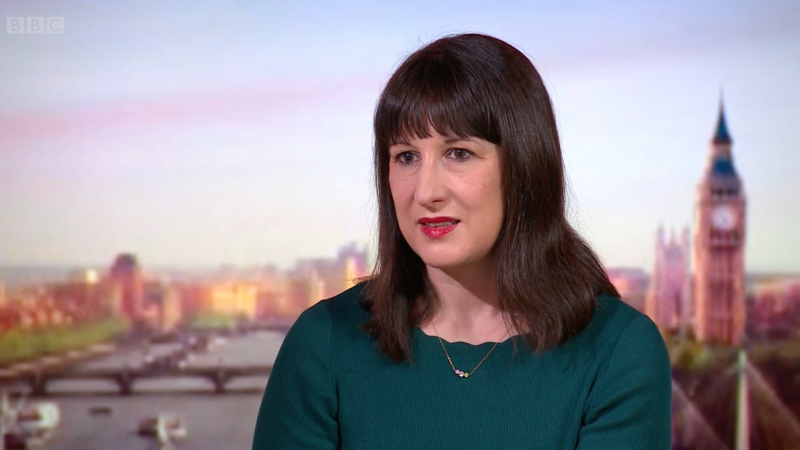
Labour has announced that it would abolish the non-domiciled tax status and replace it with a “modern scheme for people who are genuinely living in the UK for short periods to allow us to continue to attract top international talent”.
Unveiling the pledge this morning, which would see the tax status that allows individuals to avoid UK income tax by instead paying a one-off levy, Rachel Reeves argued that her party is “on your side” and will “tax fairly”.
“It simply isn’t right that those at the top can benefit from an outdated non-dom tax perks. With Labour, people who make the UK their home will contribute to this country by paying tax on their global income,” the Shadow Chancellor said.
“The Prime Minister and Chancellor have spent the last few weeks preoccupied with saving their own skins, and have done nothing to tackle the spiralling cost of living. Even worse, they’ve made it harder for working people to make ends meet by hiking National Insurance.”
Rishi Sunak recently came under scrutiny over his family’s tax affairs after it was revealed that his wife, Akshata Murty, had opted out of paying income tax on cash earned overseas by claiming the controversial non-dom status.
Murty owns a £670m share in her father’s global IT company, Infosys, from which she received £11.6m in dividend income last year. By claiming non-domiciled status in the UK, Murty is estimated to have saved £2.1m a year in UK tax.
Labour has said today its plan would “put an end to the broken 200-year-old system that lets people dodge millions in tax, and bring our rules into line with those of system similar to other major economies like France, Germany and Canada”.
The party has also promised to “crack down on the use of hidden offshore trusts” and “fast track the publication of the much-delayed register of overseas beneficial ownership of property in the UK” to prevent “companies’ true owners from carrying out their tax affairs in secrecy”.
There are around 1,900 people who hold non-dom status who have lived in the UK for between seven and 15 years. The government does not publish detailed data on non-doms, but the total revenue from the levy is around £70m per year.
The charges that individuals pay to benefit from non-dom status varies between £30,000 and £50,000. A recent study by an international tax organisation estimated that the fiscal gain of eliminating the non-dom rules could amount to over £1bn.



More from LabourList
NEC member warns of CLP ‘resentment’ over twinning and cut-off IT access
‘A black hole, CQC woes, prison crisis: Tories get taste of their own medicine’
Labour NEC elections: ‘Councillors must have a voice and be listened to’